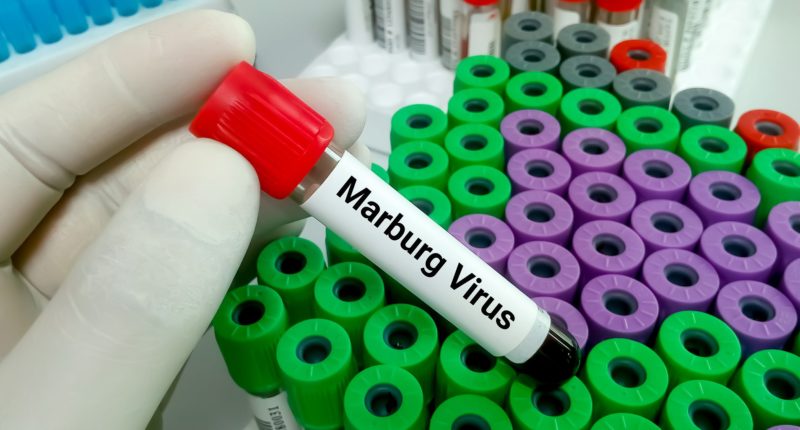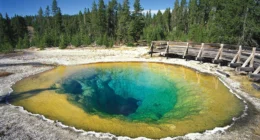Guinea health officials came up with the confirmation of the first case of Marburg in West Africa. It is a highly infectious disease that belongs to the same family of Ebola-causing viruses.
The World Health Organization said that the virus needs to be ” stopped in its tracks”. Marburg virus transmits to people from fruit bats. It spreads between humans through the transmission of body fluids. Cases with this virus are extremely rare, with its last major outbreak in Angola in 2005.
It causes a very severe yet fatal illness with its various symptoms. The symptoms include fever, muscle pains, headache, blood vomiting, and bleeding. No treatment yet exists for Marburg. Doctors say that drinking plenty of water and treating specific symptoms can improve the situation.
Doctors have taken samples from patients in Guinea who have died. They have also tested the samples in the laboratory of the country and have returned a positive result for this virus.
This virus was identified in Gueckedou last week. However, this is the same region where the recent Ebola cases occurred in the form of an outbreak that is now over.
Dr. Matshidiso Moeti, WHO’s Africa director, said that the virus has the potential to ” spread far and wide.”
But she also praised the alertness and the quick actions related to the investigation of Guinea’s health workers. The efforts to identify and stop this virus are underway. The health workers are finding people who have come in contact with the man who died.
They found four high-risk contacts. In addition, 146 others can also be at risk, according to Dr. Krutika Kuppalli, who is following this case.
The system of Guinea and neighboring countries are trying hard to control the Ebola outbreaks. In Africa, the previous outbreaks and sporadic cases took place in Angola, the Republic of Congo, Kenya, Uganda, and South Africa. The first-ever Marburg outbreak also took place in Germany in 1967, where 7 people died.
This virus has killed more than 200 people in Angola in 2005, which marks the deadliest outbreak of it.
Credits: BBC









